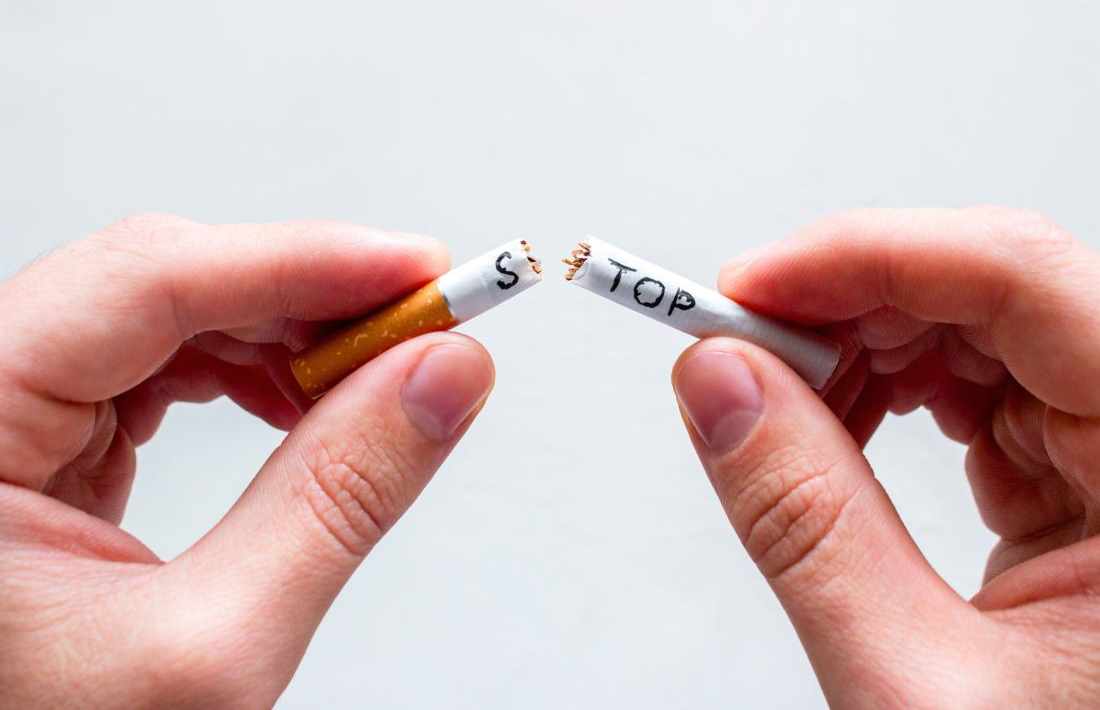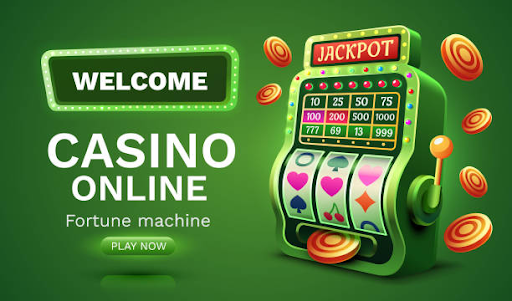Table of Contents
Introduction
Addiction is painful, not just for the patient suffering from it but also for the family members.
It is a major blessing if the patient decides to get the required treatment because it is the first sign of someone trying to get the right help and leave that toxic lifestyle behind.
This is great news, and as a concerned family member, you would want treatments that guarantee a recovery.
This ensures that there are fewer chances for the patient to relapse again.
If you are looking for full-proof addiction treatment, you have to first understand what each treatment offers and how they guarantee a recovery.
Addiction recovery treatments shouldn’t just focus on the body but also on treating the mind. It is all about 360-degree body, mind, and soul wellness.
There are major treatments that many detoxifications and rehabilitation centers can help you with. You can close this painful chapter in life and start anew through their prolific treatments.
They include
– Medical detoxification for cleansing the body.
– Behavioral therapy for the mind.
– Holistic activities for leading a healthy life after recovery.
These are a few commendable treatments that a good rehabilitation center should offer.
If you want to know more about major medication assisted treatment in addiction detoxification, then keep reading.
Treatments Leading To The Recovery
In the excerpt below, we will elaborate upon the different treatments which can help an addiction recover with ease.
These include all the treatments that have been proven successful in minimizing the highest relapses.
1. CBT
CBT, also known as Cognitive Behavioral Therapy, is offered during medical detoxification in a rehabilitation center. This can be a little intimidating in the beginning since the patient is encouraged to recollect every part of their addiction.
The purpose of this therapy is for the therapist to understand the root of the problem and make the patient educate themselves about their triggers.
In this therapy, patients learn the elements they should strictly avoid outside the rehabilitation center to prevent any relapses.
2. Medical Detoxification
This is the first treatment that every patient is subjected to when they enter. The system is cleansed from any residual toxins caused by alcohol or drug addiction through certain medicine accompanied by detox superfoods.
After the medical detoxification, patients confront the most painful part of the recovery. Yes, they start getting withdrawal syndrome. However, 24/7 medical supervision and therapy continue to help the patient overcome this stage.
3. Group Therapy
Group therapy or self-help groups is where all the patients suffering from the same addiction are made to sit together. This is to relieve them from the feeling of grave isolation, where patients suffer from this anticipation of not being understood.
Thus, group therapy patients get together and share stories. These are stories of struggle, motivation, and success. Patients learn that they are not alone and that there is light at the end of the tunnel.
4. Contingency Management
Contingency management is basically keeping a logbook of the successes. Each patient has their own personal record, and through a reward system, they are encouraged to get a higher success rate.
They provide badges to patients who have completed a certain period of sobriety and can push themselves further to the end of recovery. Through these successful rewards, rehabilitation centers have been able to solve two major issues.
– Patients relapsing out of hopelessness.
Or
– Patients leave the program midway because they are too depressed to carry on.
5. Dialectical Behavioral Therapy
Whenever we suffer from addiction, there is a behavioral change within us. Addiction patients tend to get more aggressive towards their environment. Physical and verbal hostility can also follow if someone tries to explain their problem.
This is one of the reasons why we need Dialectical Behavioral therapy, where a therapist sits with the patient for hours and helps in social wellness. They are taught to control their overwhelming emotions and how to take a step back.
This also helps in preventing some of the aggressiveness caused by the withdrawal symptoms.
Here are the four sectors that DBT focuses on,
– Emotion regulation.
– Mindfulness.
– Interpersonal Effectiveness.
– Distress Tolerance.
6. Holistic Recovery
This is also a part of the DBT, and they help in fulfilling all the four elements the therapy focuses on.
For example, patients are encouraged to participate in activities like box breathing, meditation, and yoga for mindfulness. This is also an effective way to help recover the mental health problems which they carry along with the addiction.
There have been many cases of recovery from depression in inpatient rehabilitation centers due to this holistic approach to recovery. However, if you are in an outpatient rehabilitation center, you can enroll separately for these activities.
7. Physical Exercises
There is nothing better than channeling them to physical activity for any extreme mental health problems. This is the healthiest way to cope with anger and aggression caused by the withdrawal symptoms.
At the same time, it can give the patient a new hobby to distract themselves whenever they have the urge to relapse. Whenever you are enrolling yourself in a good inpatient facility, they have personal trainers who recommend the right physical regime for your recovering body.
Thus, you should always go to a private rehabilitation center and stay away from DIY recovery.
Road To Recovery!
The road to recovery is slow, but you never stop; you are always moving towards a better life.
Remember that a good recovery center does not only care about their patients when they are in the center. In addition, their responsibility expands for the post-recovery withdrawal symptoms that some patients face.
As a patient, you should always continue your therapy even when you are fully recovered and haven’t had the urge to relapse for ages.
Therapies like CBT are not just for someone suffering from severe problems. It is a regular habit everyone should indulge in to know themselves better and prevent any future addiction.
I am an Ambitious girl with a special interest in writing and sharing my knowledge. I love to hangout with nature and learn from it. My words will display the power of nature to the best as I love to write about the environment.





